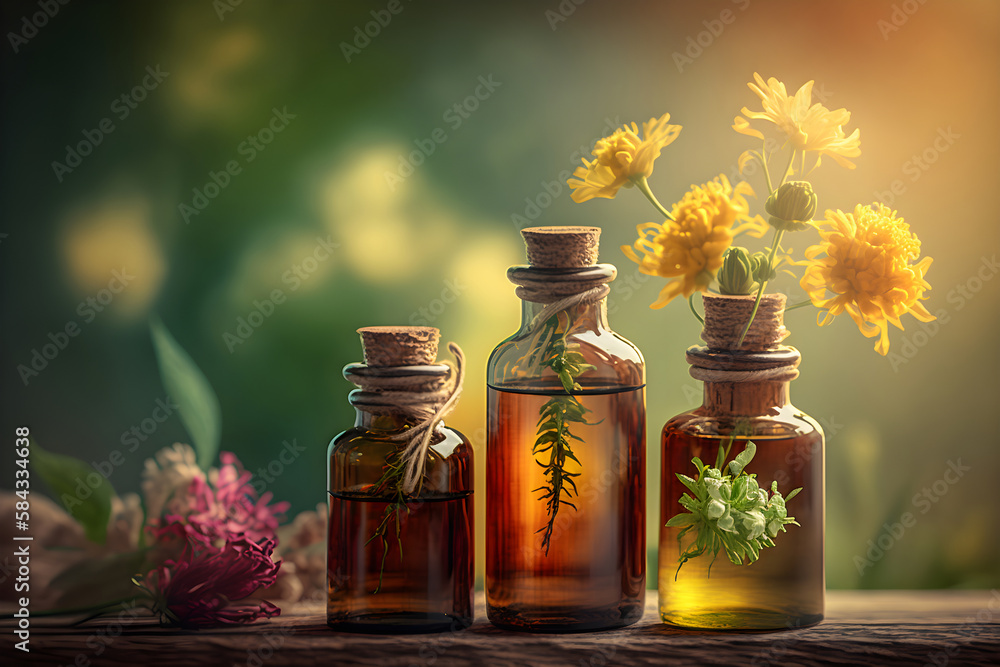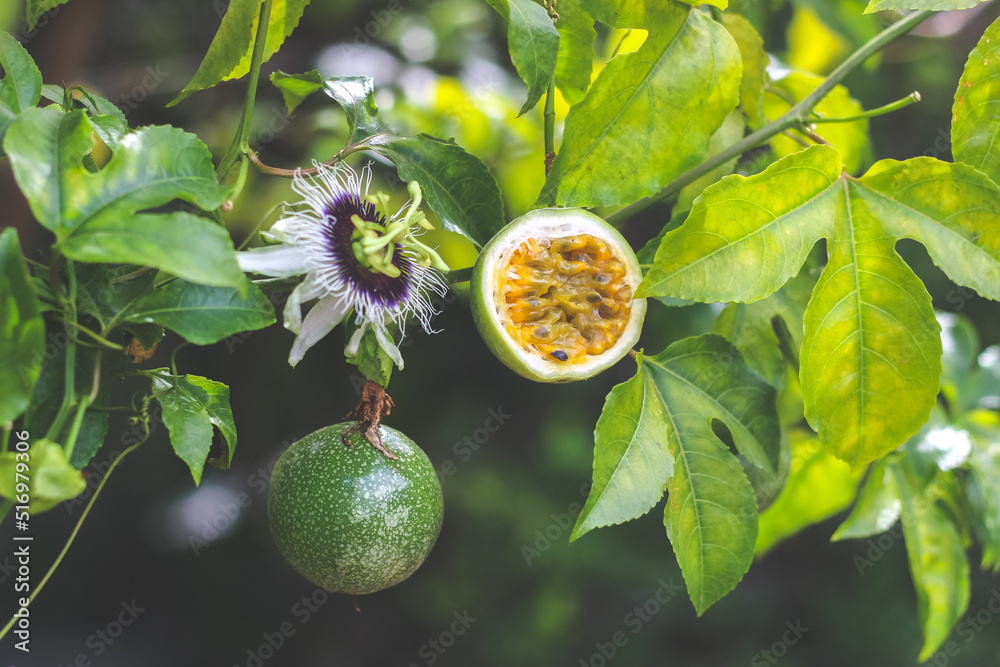
1. Extraction: Essential oils are typically extracted from plants through processes like steam distillation, cold-press extraction (for citrus fruits), or solvent extraction. The choice of extraction method depends on the type of plant and the desired compounds.
1. Extraction: Essential oils are typically extracted from plants through processes like steam distillation, cold-press extraction (for citrus fruits), or solvent extraction. The choice of extraction method depends on the type of plant and the desired compounds.
2. Concentration: Essential oils are highly concentrated, so they should be used with caution. A little goes a long way, and they are often diluted with carrier oils (such as coconut oil or jojoba oil) before applying to the skin.
3. Aromatherapy: Essential oils are commonly used in aromatherapy, where their scents are inhaled to promote relaxation, reduce stress, improve mood, and alleviate various physical and emotional conditions.
4. Topical Use: Some essential oils are applied to the skin (after dilution) for various purposes. For example, lavender oil is often used topically to soothe skin, and tea tree oil is used for its antiseptic properties.
5. Ingestion: Not all essential oils are safe for consumption. In fact, many essential oils are toxic if ingested and should only be used under the guidance of a qualified aromatherapist or healthcare professional. Essential oils should never be ingested undiluted.
6. Health Claims: While some essential oils have demonstrated potential health benefits in studies (e.g., lavender for relaxation), it’s essential to be cautious about exaggerated health claims. Essential oils are not a substitute for medical treatment, and their effects can vary from person to person.
7. Safety: Always follow safety guidelines when using essential oils. Some essential oils can cause skin irritation or allergic reactions, especially when used undiluted. Pregnant women, young children, and pets may be more sensitive to certain oils and should use them with caution.
8. Storage: Essential oils should be stored in dark, glass bottles away from direct sunlight and heat to preserve their potency.
9. Quality: Choose high-quality, pure essential oils from reputable brands to ensure you are getting a product that has not been adulterated with synthetic compounds.
10. Diversity: There are hundreds of different essential oils, each with its own unique scent and potential uses. Common essential oils include lavender, tea tree, eucalyptus, peppermint, and lemon, but there are many more to explore.
Before using essential oils, especially for therapeutic purposes, it’s advisable to consult with a qualified aromatherapist or healthcare provider who can provide guidance based on your individual needs and any potential contraindications.




Leave a Comment